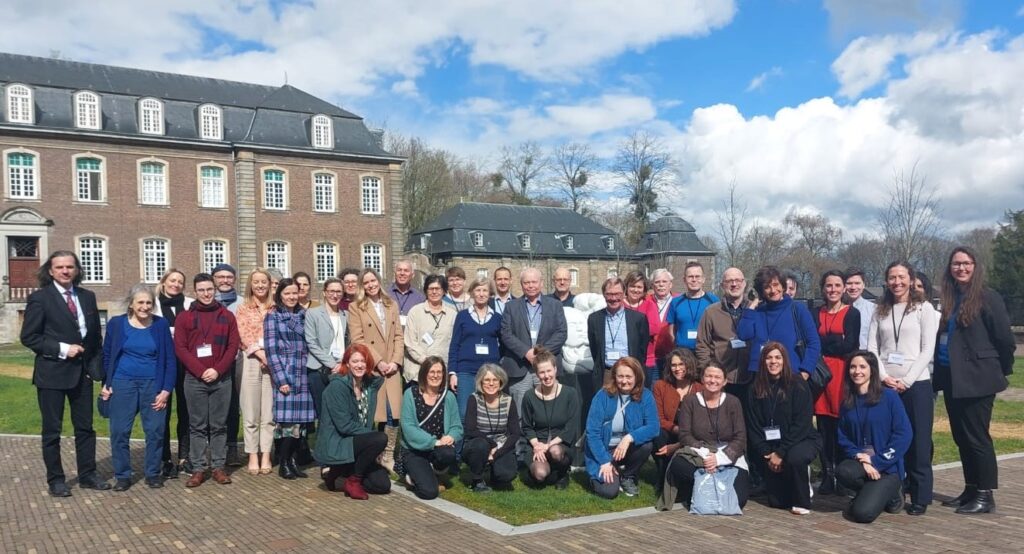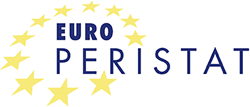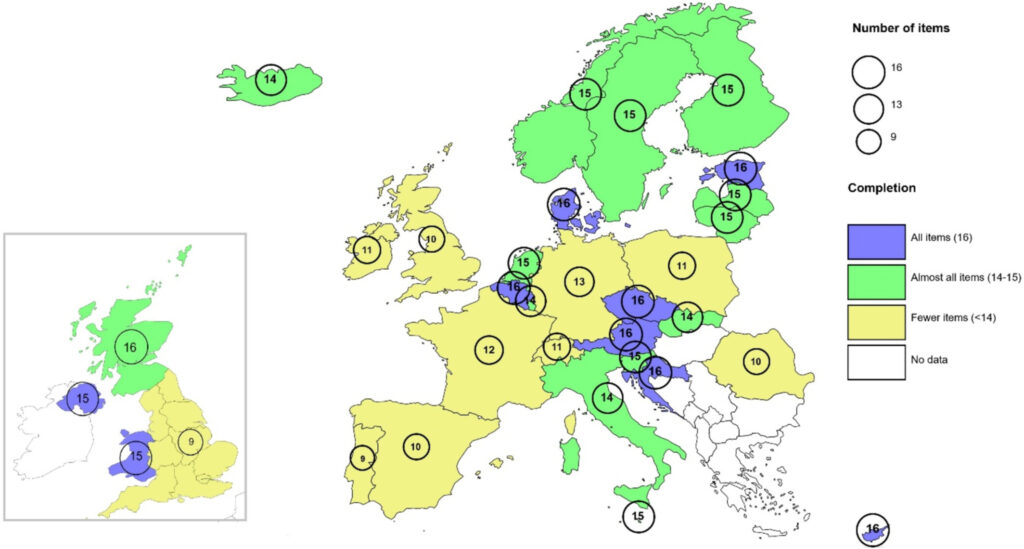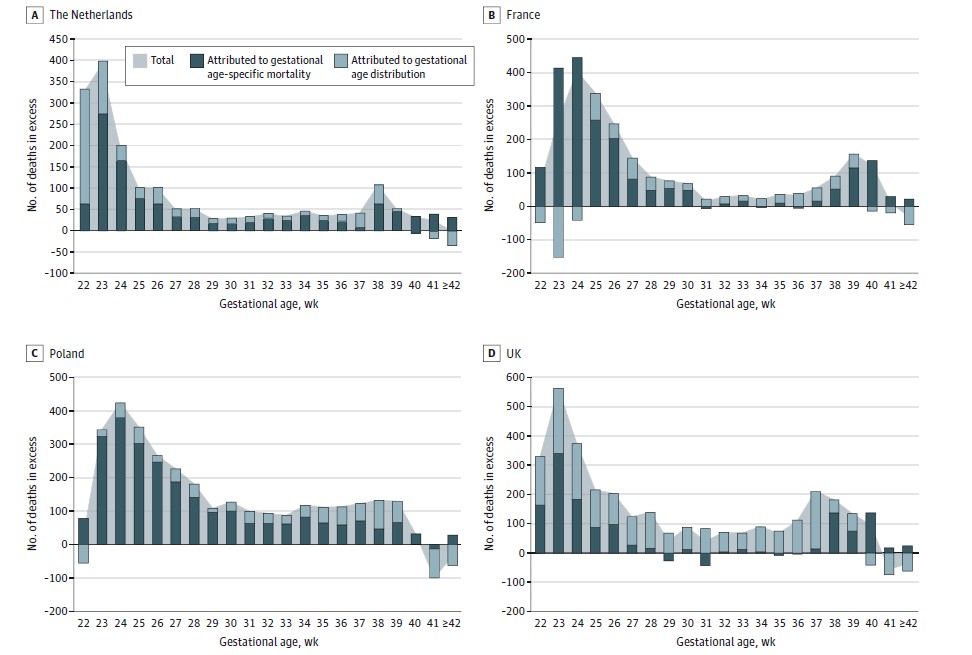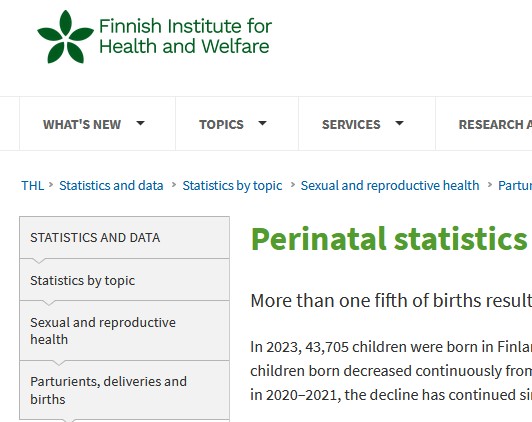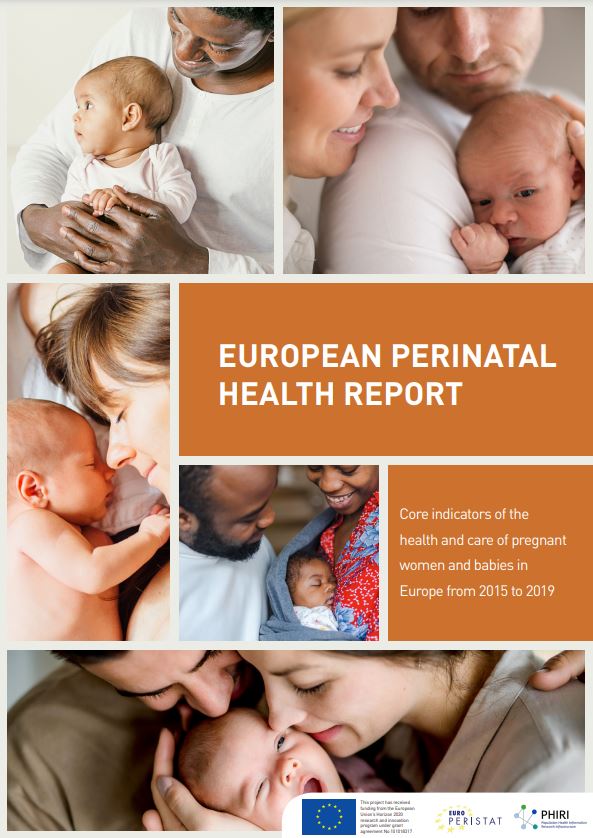About Euro-Peristat
The objective of the Euro-Peristat Network is to establish a high quality, innovative, internationally recognized and sustainable European perinatal information system. This system’s goal is to produce data and analysis on a regular basis for use by national, European and international stakeholders who make decisions about the health and health care of pregnant women and newborns.
Euro-Peristat began in 1999 as part of the EU’s Health Monitoring Programme and now has official representation from 31 countries across Europe and a large network of contributing experts.
We developed a list of recommended indicators for perinatal health surveillance and have collected data on these indicators. Our data on mothers’ and babies’ health status and care in Europe have been the basis of many scientific publications. We have published European Perinatal Health Reports in 2008, 2013, 2018, and 2022.
The project is coordinated by Inserm, the French National Institute of Health and Medical Research, in Paris. The project has received funding from the European Commission. Euro-Peristat was involved in the PHIRI Project to promote sustainable health reporting in Europe.
